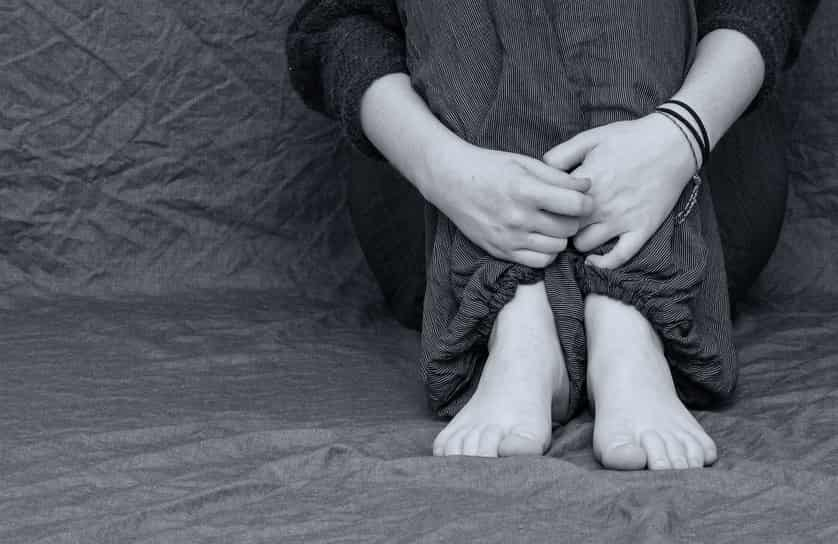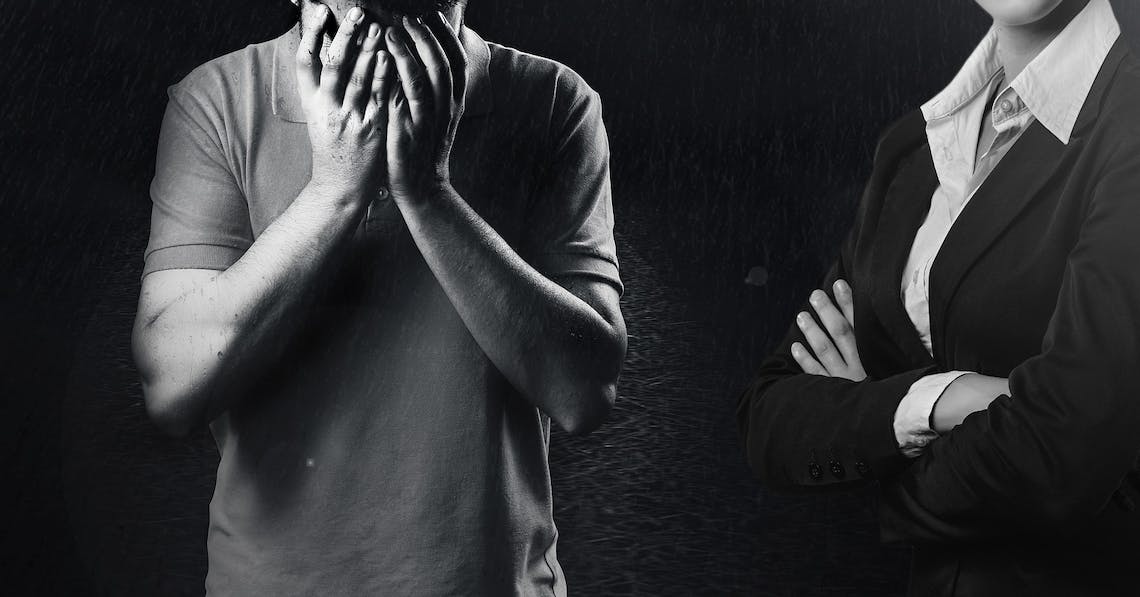“Thais are emotionally closed…
Often we feel trapped in a corner and see no way out.”
Search our website for the word ‘suicide’ and you will be appalled at the number of news stories published in the past few months of suicides and attempted suicides in Chiang Mai. A young woman was found dead next to a coal brazier in her car in May, a stressed out firefighter took his life in April after spending weeks combatting forest fires, a handicapped man succumbs to stress by stabbing himself in June, and just about every few weeks there is a news item, here, here, here of some person walking into a reservoir to drown themselves. It is alarming.

Thailand has long had the highest suicide rates in South East Asia at an average of around 13 people per 100,000 committing suicide. And the north has long been Thailand’s suicide hotspot with Nan, Phrae and Lamphun consistently reporting high suicide rates. In fact, suicide is so prevalent that according to the Department of Mental Health, in 2019 there were around 4,000 deaths from suicide in Thailand which averages to around ten cases per day. Or one suicide every two hours. The department also estimated that around six people attempt suicide every hour, making that around 53,000 people per year.
“We were overwhelmed by phone calls from the desperate over the COVID lockdown,” said Dr. Panomporn Phoomchan, Director of Samaritans Thailand to Citylife earlier today. “I am afraid that we are in no position to give you numbers [of phone calls to the Samaritan hotline] yet for this year as we haven’t aggregated them yet, but it has increased dramatically.”
“Over the lockdown our volunteers, who were all working from home, were able to spend more time helping people who called in,” she said, “as normally they would have full time jobs themselves, so this was fortunate as there were a lot of calls from a lot of people who really needed to talk. Our system was to let people leave messages and we would distribute them to our volunteers to call back.”

“One area which we saw a surge of phone calls from were Chinese Thai students, often returned to Thailand from various scholarship programmes in China, and being forced to lock down with extended families,” she explained. “The many generations would end up living together for the first time in close confinement and because each member of the family may have been focused on their careers or studies before, they had lost their communications tools. We would be on the phone call with some member of the family and often hear shouting and verbal abuse in the background as parents or grandparents failed to reign in their frustrations and lost their communications skills. Strong conflicts, strong languages, strong emotions were exacerbated and there was no relief, no escape.”
The Samaritans Thailand has invested in extra training for their volunteers over the past few months, focusing on new types of problems and methods of communications.
“We are only here to listen and to talk,” she continued. “We also connect. So if you call our call centre (the Chiang Mai line has been closed, so all calls now go to Bangkok) we will try to connect you to local resources such as the Red Cross if it is the bare necessities you need.”
When asked why Thailand constantly sees higher rates of suicide (twice as many Thai women call the Samaritans hotline than Thai men; conversely the number of foreign callers are man, double that of women), Dr. Panomporn attributes it to culture.
“Thais are emotionally closed,” she explained. “We are gentle people and not used to sharing such personal feelings and stories to those around us. Often we feel trapped in a corner and see no way out. In fact Trakarn Chensy, Chairman of Samaritans Thailand along with myself and a few other members, were invited by Facebook Thailand to a meeting. We were fascinated to have been asked why Thailand has such high rates of Facebook Live usage, the highest in the world. We told them that it was because of a perceived lack of channel for expression and communications. Many people don’t feel that they can say what they have to say to those around them so they do so on Facebook Live. We receive an untold number of photos sent to us from Facebook showing images of people cutting themselves or swallowing pills. In fact Trakarn has been invited by Facebook worldwide to join their security team. Facebook has also donated 15,000 dollars towards Samaritan Thailand, we are expecting that sum imminently.”

As to why northerners are more prone to suicide than those from other regions of Thailand, she also attributes it to culture, “Southern people speak out more, they express their angers or emotions. The northern people tend to keep their misery inside until it is often unbearable.”
Dr. Panomporn may be the director of Samaritans Thailand, but she wears multiple hats, one being lecturer in clinical psychology at the Faculty of Social Sciences, Kasetsart University. Asst. Prof. Major Panomporn also discussed Thailand’s dearth of psychiatrists, which, according to the World Health Organisation are currently at only around 400 psychiatrists working in Thailand, with a ratio of 7.29 personnel working in mental health for every 100,000 population.
“Psychiatrists often refer their patients to [Samaritans Thailand] as they simply don’t have the time,” Dr. Panomporn expanded. “Thailand is slowly producing more medical doctors with more medical schools opening up across the country. We at Samaritans are just volunteers who have been trained, we are here to listen and talk. But the few psychiatrists simply don’t have the luxury of time. Thai people need to learn to listen more and talk more, this will help everyone. Focus on the family, on relationships, on educating parents about being responsible and raising their children well. Building inner strength.”
“I wouldn’t blame it all on culture,” she continued. “However, our culture is changing so rapidly with the old close-knit multi-generational family format being destroyed. With smaller family units, often broken families and lifestyles which are disconnected, people are not communicating and supporting one another. One area many of my fellow faculty members have been very concerned about is that many students are now supporting their parents, whether its financially or as a sounding board as parents’ fight or fail to talk. This is too much of a burden for the young to bear. The numbers of youth suicides and attempted suicides has had us having to retrain our volunteers to focus on this particular group.”

However, Dr. Panomporn is not full of doom and gloom and she wants us to look at what could potentially be a positive outcome of this pandemic.
“Families are being forced to live together again,” she said. “For many members of the family, they are going to have to learn to communicate with one another. We need to get back to basics and look at the bigger picture and try to go home to our basis…find something solid to hold onto. The upside is that we could turn this crisis into an opportunity to reconnect and build a stronger society. Love, family, connection, communications, jai yen yen, don’t use emotions, compassion and patients, this could bring warmth back into families, strengthening our entire society. This could be an opportunity for us to rethink our values and appreciate them. Families to share interest, to show interests. Perhaps we can revert back from our current material lives we lead. This could be the opportunity to define a new generation. But it needs to be done across society.”

For English language 02 713 6791.
